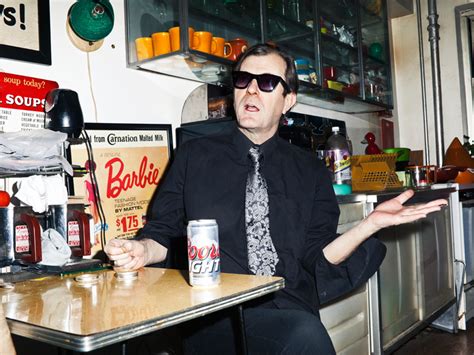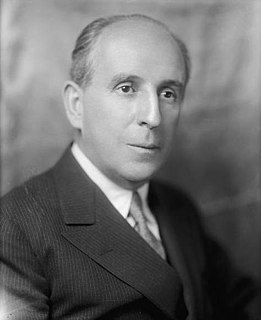A Quote by Frederic Bastiat
When law and morality contradict each other, the citizen has the cruel alternative of either losing his moral sense or losing his respect for the law.
Related Quotes
No society can exist if respect for the law does not to some extent prevail; but the surest way to have the laws respected is to make them respectable. When law and morality are in contradiction, the citizen finds himself in the cruel dilemma of either losing his moral sense or of losing respect for the law, two evils of which one is as great as the other, and between which it is difficult to choose.
Here I encounter the most popular fallacy of our times. It is not considered sufficient that the law should guarantee to every citizen the free and inoffensive use of his faculties for physical, intellectual and moral self-improvement. Instead, it is demanded that the law should directly extend welfare, education, and morality throughout the nation. This is the seductive lure of socialism. And I repeat: these two uses of the law are in direct contradiction to each other.
If laws were real they wouldn’t need to be enforced, because if they were real they couldn’t be broken. Try breaking the law of gravity. Now that’s a law. Laws made by man are rules reflecting the current status of his moral codes. As he alters and whittles away his morality, casting bits and pieces aside, his codes change to reflect it.
Third, and finally, the educated citizen has an obligation to uphold the law. This is the obligation of every citizen in a free and peaceful society--but the educated citizen has a special responsibility by the virtue of his greater understanding. For whether he has ever studied history or current events, ethics or civics, the rules of a profession or the tools of a trade, he knows that only a respect for the law makes it possible for free men to dwell together in peace and progress.
The rule of law does not guarantee freedom, since general law as well as personal edicts can be tyrannical. But increasing reliance on the rule of law clearly played a major role in transforming Western society from a world in which the ordinary citizen was literally subject to the arbitrary will of his master to a world in which the ordinary citizen could regard himself as his own master
We as a people seem to be losing all sense of respect for ourselves and our fellow men, with the result that in a thoroughly intolerant attitude we hesitate not a minute to secure an organized minority, or even a majority, to attempt by resolution or law to impose our will on a large body of people in matters where no moral wrong is involved and where liberty is curtailed.
When you say there's too much evil in this world you assume there's good. When you assume there's good, you assume there's such a thing as a moral law on the basis of which to differentiate between good and evil. But if you assume a moral law, you must posit a moral Law Giver, but that's Who you're trying to disprove and not prove. Because if there's no moral Law Giver, there's no moral law. If there's no moral law, there's no good. If there's no good, there's no evil. What is your question?
MORAL LAW, Evidence of.- Man has been subjected by his Creator to the moral law, of which his feelings, or conscience as it is sometimes called, are the evidence with which his Creator has furnished him. ... The moral duties which exist between individual and individual in a state of nature, accompany them into a state of society ... their Maker not having released them from those duties on their forming themselves into a nation.


































